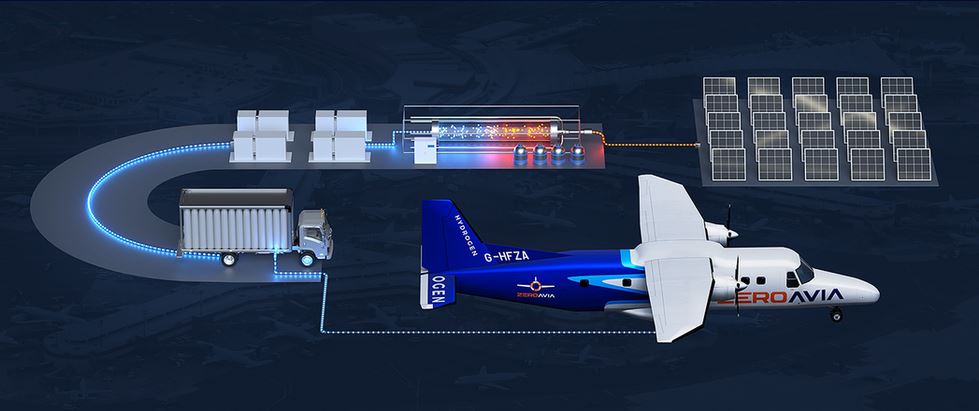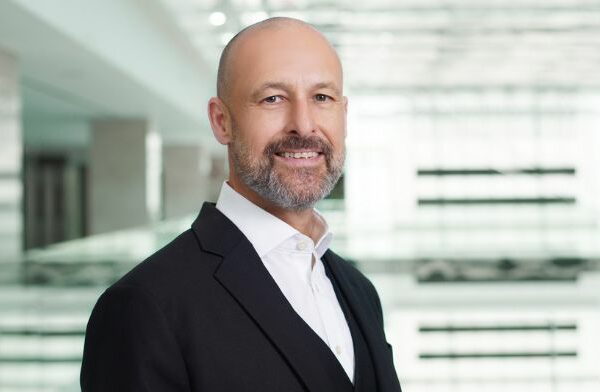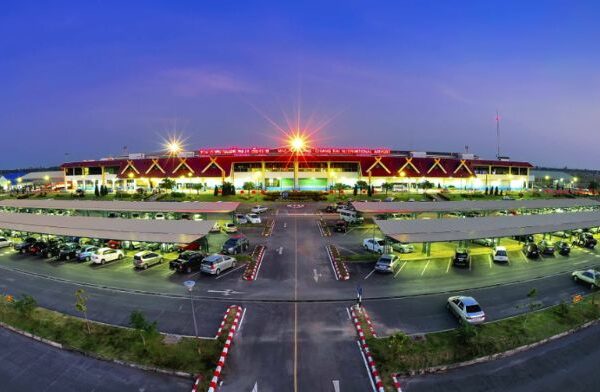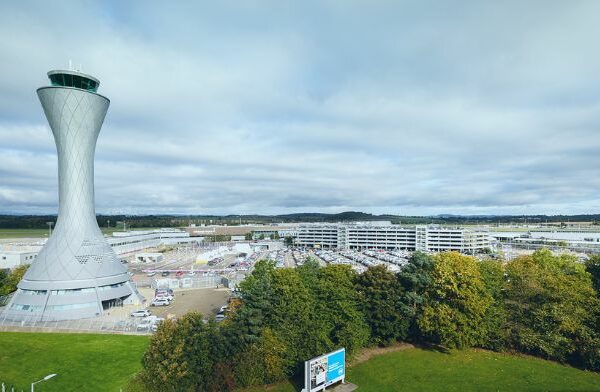


A leader in zero-emission aviation, ZeroAvia has collaborated with aviation fuel giant Shell, to unveil Europe’s first landside-to-airside hydrogen airport pipeline.
Running alongside ZeroAvia’s hangar at Cotswold Airport in the UK, the 100-m long hydrogen pipeline signals a huge step for hydrogen refuelling infrastructure at airports and for the aviation industry. ZeroAvia will use it alongside an electrolyser and mobile refueller to develop hydrogen-electric fuel cells . The pipeline will help ZeroAvia demonstrate and explore the operational safety case for hydrogen pipelines and refuelling infrastructure at airports.
ZeroAvia’s zero-emission powertrains use hydrogen fuel in a fuel cell to create a chemical reaction which produces electricity. That electricity then powers electric motors that spin the propellers, while producing no emissions other than water.
The UK Government’s Department for Transport and the Connected Places Catapult as part of the Zero Emissions Flight Infrastructure (ZEFI) programme provided support for the pipeline, as part of their mission to enable airports and airfields to prepare for the future of zero-emission flight operations.
Shell and ZeroAvia have also agreed to develop a compressed, low-carbon hydrogen supply for ZeroAvia’s California facilities and power flight testing. As part of the agreement, Shell will design and build two commercial-scale mobile refuellers for use at ZeroAvia’s research and development site in Hollister, California. The fuel supplier will also provide a compressed low-carbon hydrogen supply to ZeroAvia’s facility and other locations in the Western US. As well as supporting the development of ZeroAvia’s testing programme in the US, the strategic collaboration will also advance the company’s Hydrogen Airport Refuelling Ecosystem (HARE) on a larger scale.
“Shell recognises the aviation sector has unique challenges in decarbonisation and needs practical and scalable net-zero solutions,” commented Oliver Bishop, General Manager, Hydrogen at Shell. “We believe ZeroAvia’s technology is a viable option, and this agreement will allow us to demonstrate successful provision of low-carbon hydrogen supply while supporting development of codes, standards, and refuelling protocols for hydrogen-powered aviation.”
ZeroAvia will begin flight-testing its ZA600 hydrogen-electric powertrain this summer using its two Dornier-228 testbed aircraft, initially in the UK before replicating the work on the US-based demonstrator at a later date. And earlier this year ZeroAvia announced its partnership with ZEV Station to develop hydrogen hubs at airports throughout California.
“These milestone announcements represent significant hydrogen infrastructure advancement for ZeroAvia and the industry,” said Arnab Chatterjee, VP Infrastructure, ZeroAvia. “Hydrogen-electric aviation is the only practical, holistic and economically attractive solution to aviation’s growing climate change impact. Fuel provision needs to be economical and convenient for airlines to achieve operational cost benefits and ZeroAvia is leading these pioneering infrastructure developments together with leading partners like Shell.”





